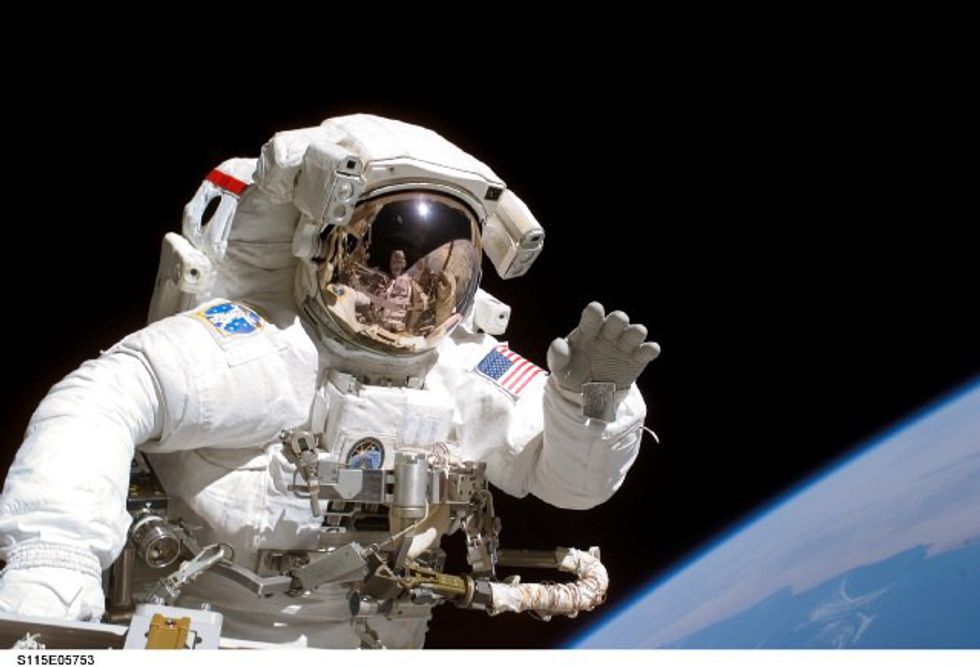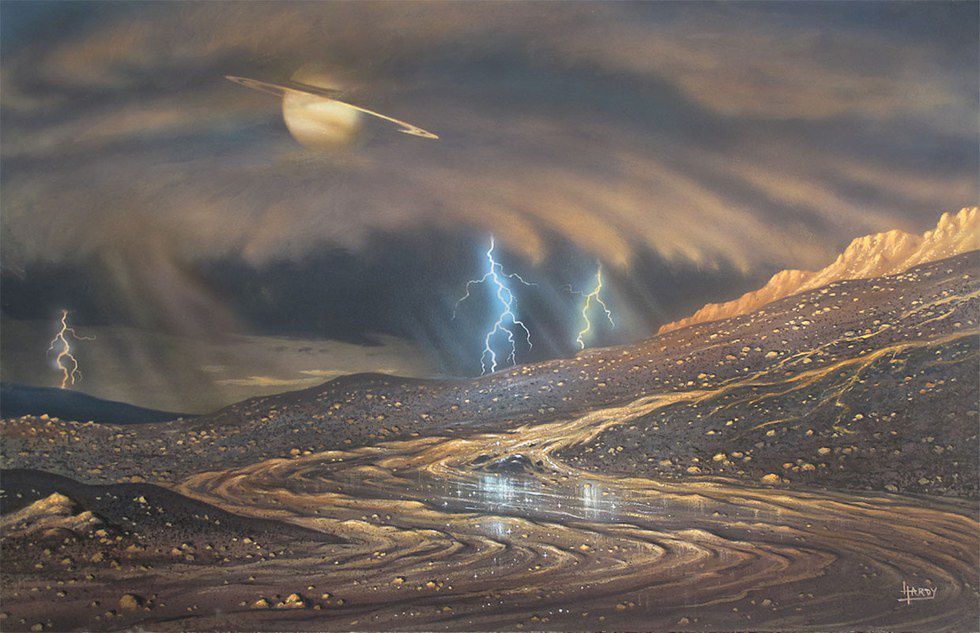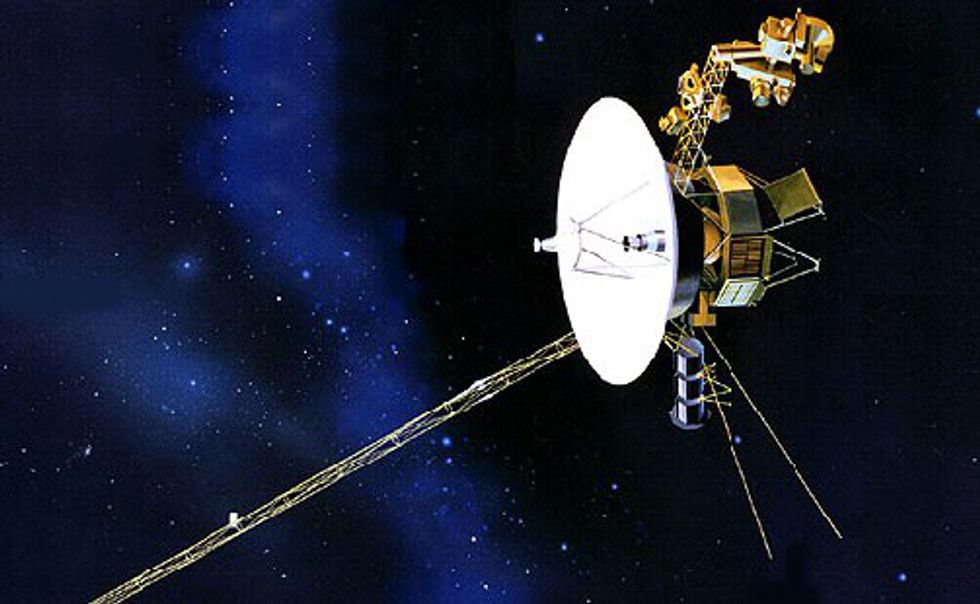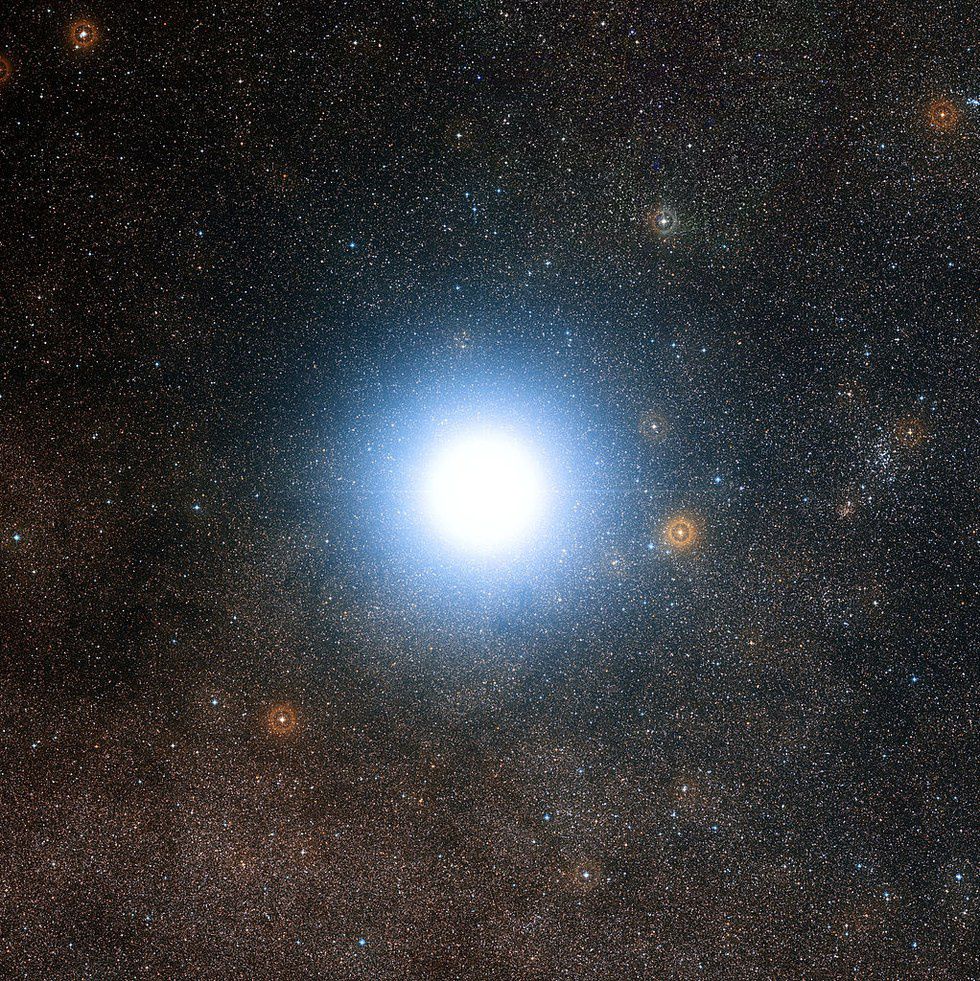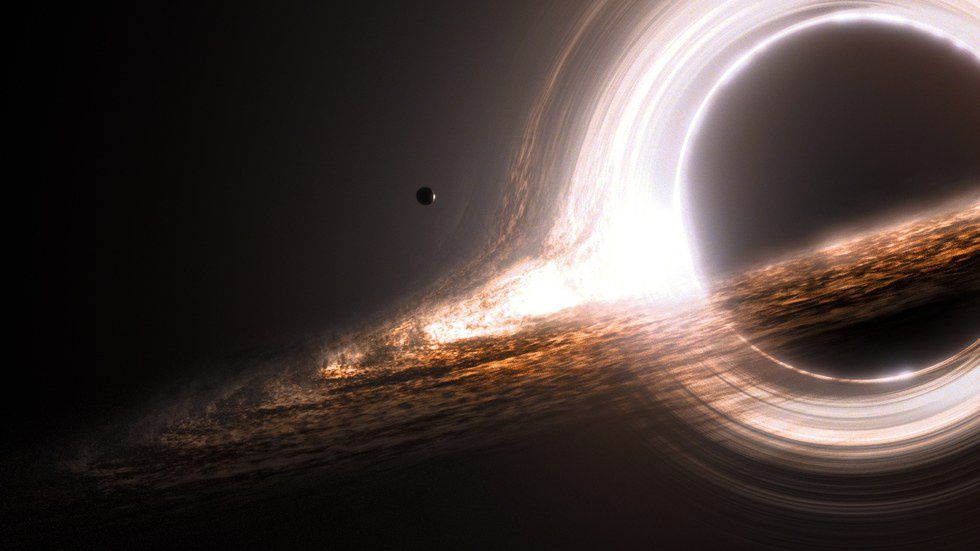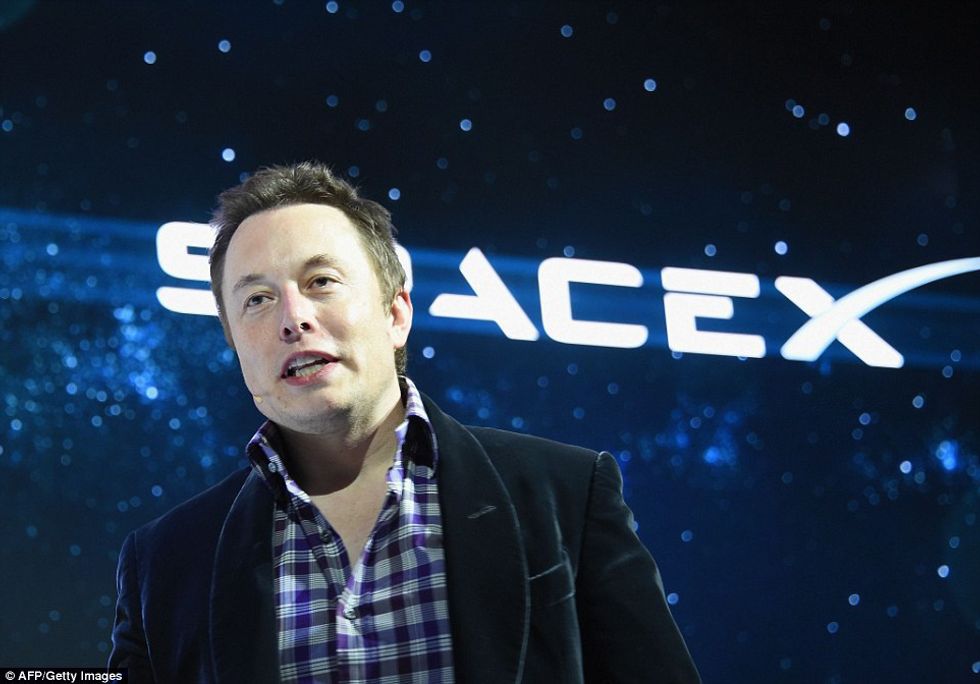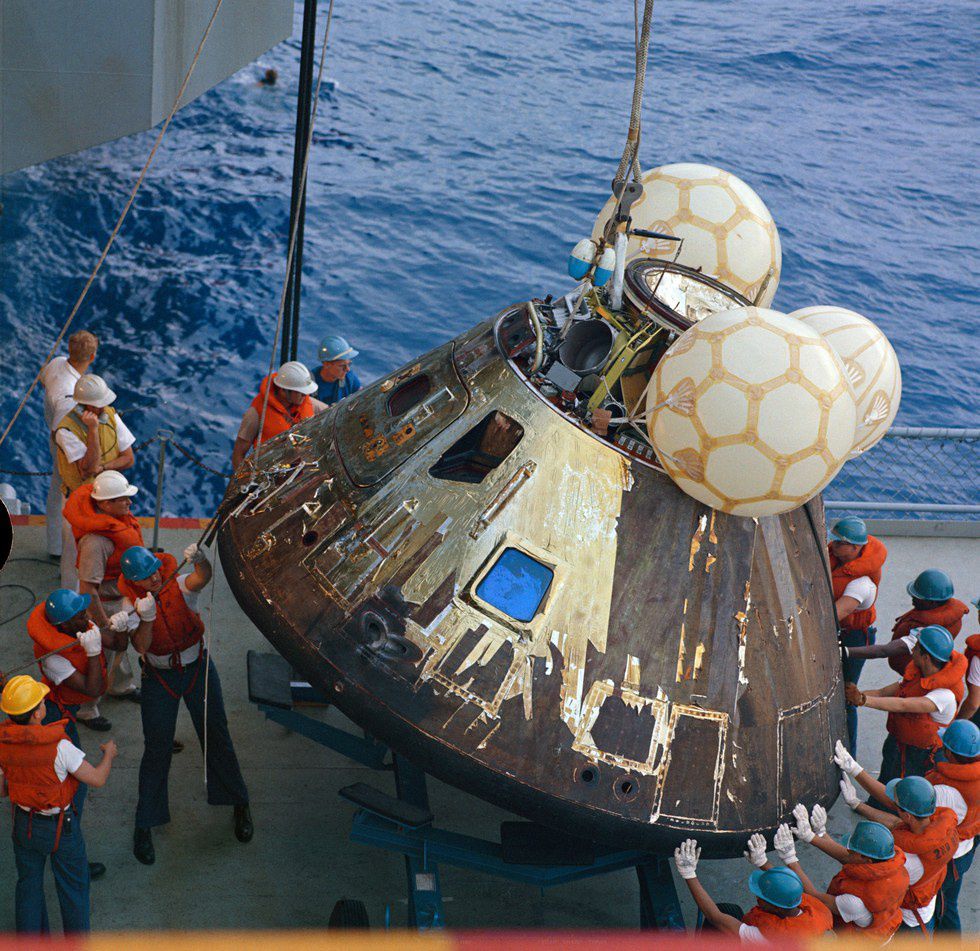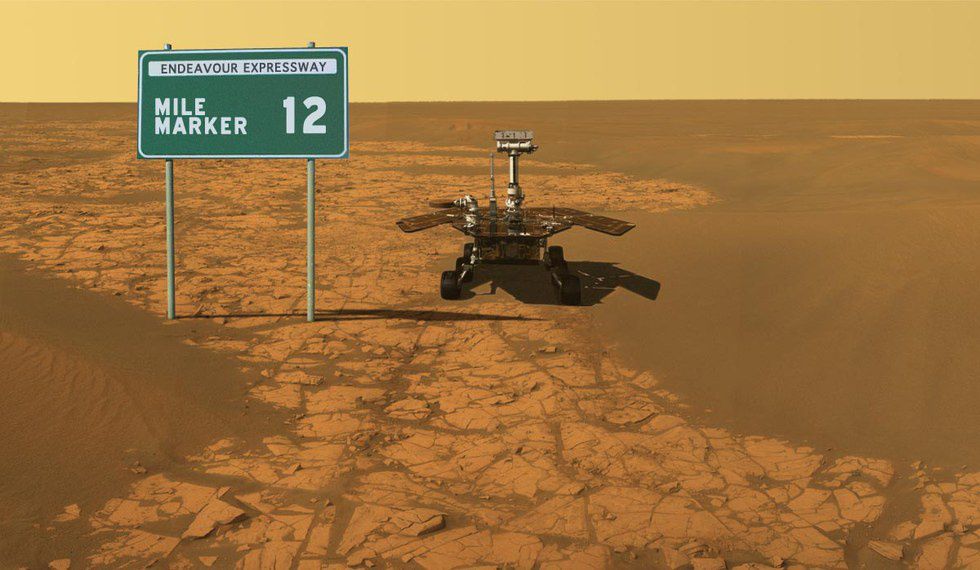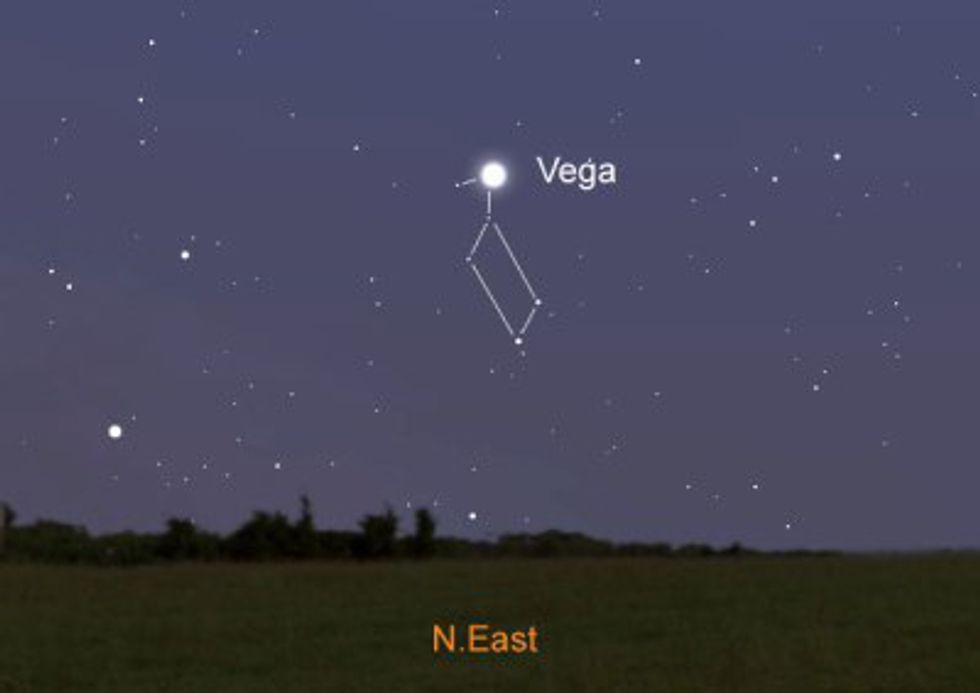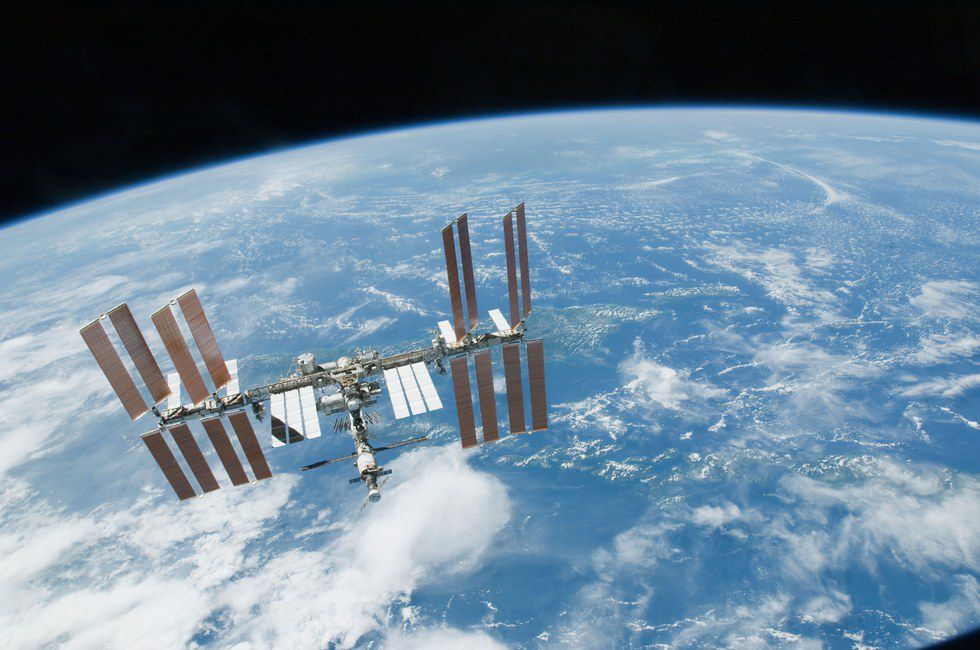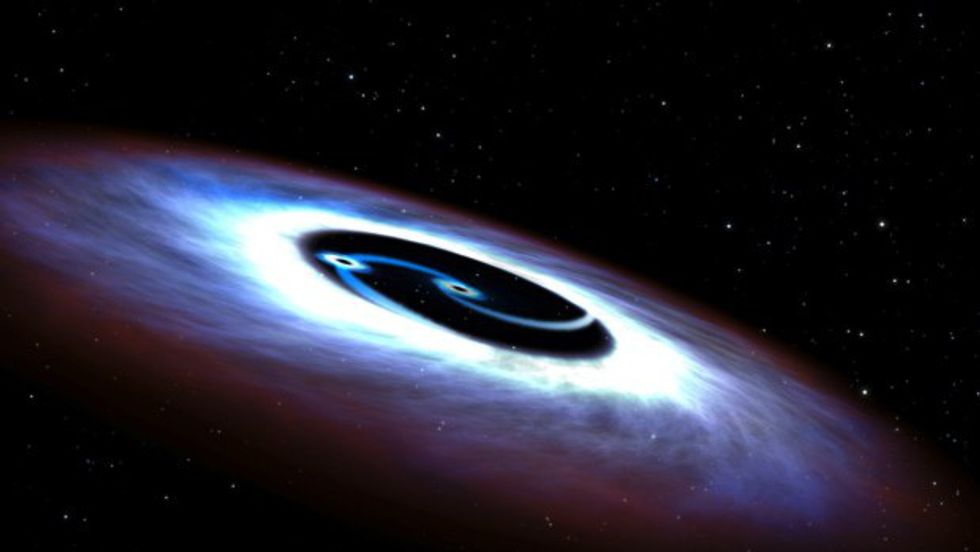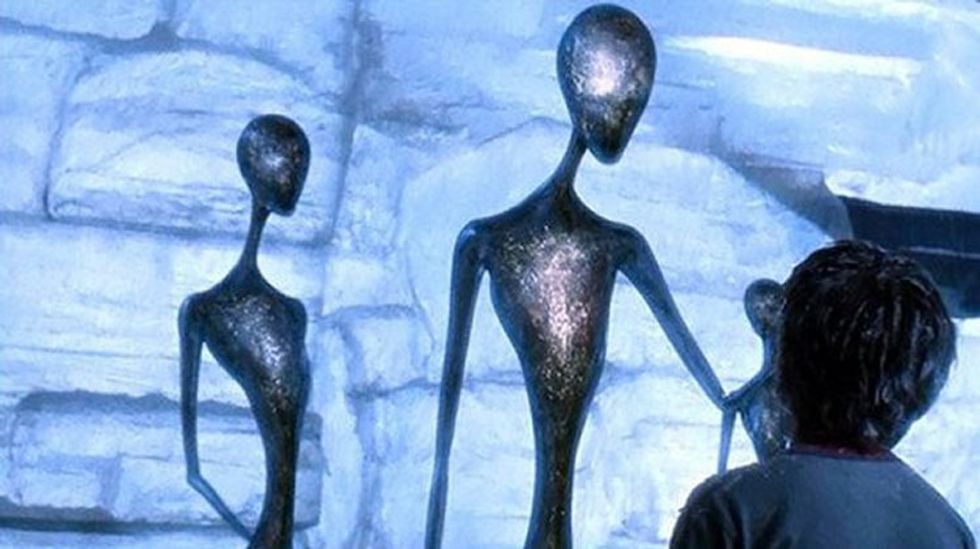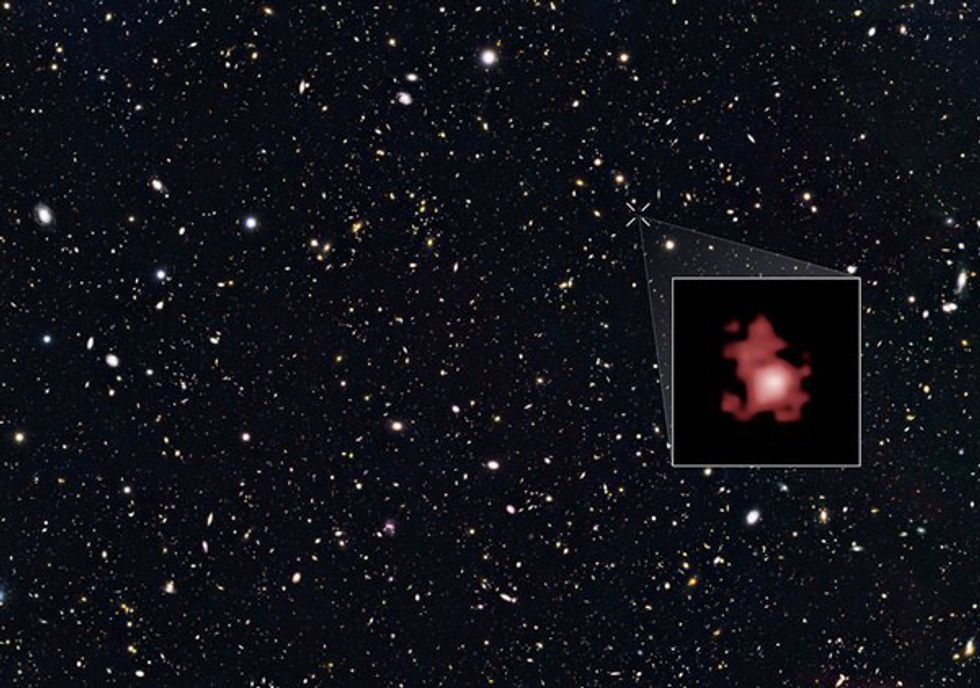Space is loaded with mysteries. The greatest questions ever posed by mankind (how was the universe created? Are we the only ones out there?) often revolve around the cosmos, and there is a chance that many of these questions will never be fully answered. Yet, scientists have managed to uncover a great amount of the unknowns over the centuries, and with every passing year we continue to learn more, thanks to both the work of many brilliant men and women on the Earth as well as intelligence from artificial satellites that orbit the Earth and explore the solar system. The following questions are designed to test your own knowledge of what Captain Kirk calls “the final frontier,” with the questions more or less increasing in difficulty as the quiz progresses. Ultimately, however, the score doesn’t really matter (although if you manage to get the last question right, then by all means consider yourself a space expert) - the goal is simply to increase your knowledge of space while having fun. So, good luck and have fun!
1. If you happen to fall out of your spaceship without wearing a spacesuit, for roughly how long could you survive?
a) 0.01 seconds.
b) 10 seconds.
c) 30 seconds.
d) 60 seconds.
2. If an asteroid is 10 AU away from the Earth, how far away is it from the Earth?
a) 10 lightyears.
b) 10 times the distance from the Earth to the Sun.
c) 10 times the distance from the Earth to the edge of the Solar System.
d) 10 times the distance from the Sun to Mercury.
3. The furthest scientists have landed a probe is:
a) Mars.
b) Venus.
c) Pluto.
d) Titan.
4. The most distant man-made object from Earth and first object to reach interstellar space is:
a) Voyager 1.
b) Pioneer 1.
c) New Horizons.
d) Viking 1.
5. The closest star to the Earth outside of our own solar system is:
a) The Sun.
b) Sirius.
c) Alpha Centauri.
d) Deneb.
6. As portrayed in the Cristopher Nolan film "Interstellar," you will not get trapped in a black hole if you do not cross the:
a) Singularity.
b) Event horizon.
c) Wormhole.
d) Heliosheath.
7. SpaceX, the innovative company headed by entrepreneur Elon Musk, has pioneered which space-related technology?
a) Sending supplies to the International Space Station.
b) Landing probes on comets.
c) Re-landing rockets for reuse.
d) Terraforming other planets.
8. Which NASA mission to the moon had to be aborted due to an oxygen-tank related incident that threatened the lives of all three astronauts on board?
a) Apollo 9.
b) Apollo 11.
c) Apollo 13.
d) Apollo 18.
9. Which Mars rover, launched in 2003 with an expected life-span of only 90 days, continues to be active as of 2016?
a) Curiosity.
b) Opportunity.
c) Spirit.
d) Voyager 2.
10. The first Canadian commander of the International Space Station (famous for his cover of David Bowie's "Space Oddity") was:
a) Neil Armstrong.
b) Chris Hadfield.
c) Buzz Aldrin.
d) Scott Kelly.
11. If the star Vega has a brightness of Magnitude 0.03, and the star Arcturus has a brightness of -0.04, which star is brighter?
a) Vega.
b) Arcturus.
12. How long is the orbital period of the International Space Station?
a) 45 minutes.
b) 62 minutes.
c) 71 minutes.
d) 93 minutes.
13. Around 70 percent of the universe is made up of:
a) Hydrogen.
b) Helium.
c) Dark matter.
d) Dark energy.
14. The "Wow! Signal" was a signal detected in space during the 1970s that could potentially have extraterrestrial origins.
a) True.
b) False.
15. The most distant object seen from Earth (13.4 billion lightyears away) is a galaxy called:
a) GN-z11.
b) EGSY8p7.
c) MRTX3P.
d) OQZL97t.
Answers: 1 (C), 2 (B), 3 (D), 4 (A), 5 (C), 6 (B), 7 (C), 8 (C), 9 (B), 10 (B), 11 (B), 12 (D), 13 (D), 14 (A - it is the closest we have come to detecting other intelligence life in the universe), 15 (A)




